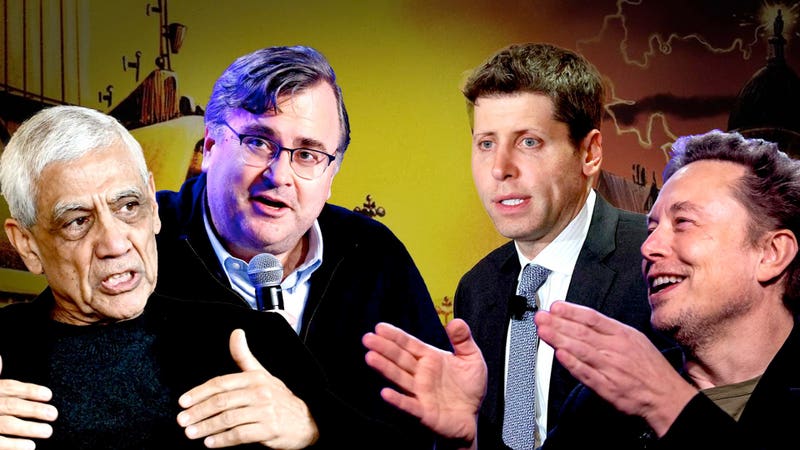In recent years, the world of artificial intelligence (AI) has seen a surge in interest and investment from billionaires around the globe. The likes of Elon Musk, Mark Zuckerberg, and Jeff Bezos are all vying for dominance in the AI space, each with their own visions for the future of the technology. These tech moguls are not only competing for market share and profits but also for the fate of AI itself, with each of them advocating for different approaches to AI development and deployment.
One of the key battlegrounds in this billionaire AI arms race is the debate over the potential risks and dangers of AI. Elon Musk has been one of the most vocal critics of AI, warning about the existential threat that advanced AI could pose to humanity. On the other hand, Mark Zuckerberg has taken a more optimistic view, arguing that AI has the potential to solve some of the world’s most pressing problems. Jeff Bezos, meanwhile, has been more guarded in his statements about AI, focusing instead on the commercial opportunities that the technology presents.
Another major point of contention among these billionaire tech giants is the issue of AI ethics and regulation. Musk has been pushing for strict regulations and oversight of AI development, arguing that without proper safeguards in place, AI could spiral out of control. Zuckerberg, on the other hand, has been more ambivalent about the need for regulation, suggesting that the industry can self-regulate effectively. Bezos has not taken a clear stance on this issue, but his company, Amazon, has been at the forefront of developing AI-driven products and services.
The battle for AI supremacy has also played out in the realm of talent acquisition, with tech companies competing fiercely to attract top AI researchers and engineers. Musk’s company, Tesla, has made headlines for poaching top talent from other tech giants, while companies like Facebook and Amazon have been investing heavily in AI research centers and partnerships with academic institutions. This intense competition for talent has driven up salaries and created a shortage of skilled workers in the AI field, ultimately benefiting the employees who are able to command top dollar for their expertise.
Despite the fierce competition and differing visions for the future of AI, there is a sense among many in the tech industry that the world stands to benefit from the outcome of this billionaire battle. The rapid advancements in AI technology have the potential to revolutionize industries ranging from healthcare to transportation to entertainment, offering new opportunities for economic growth and social progress. By harnessing the power of AI in a responsible and ethical manner, these tech billionaires have the opportunity to shape the future of humanity for the better, creating a world that is safer, more efficient, and more interconnected than ever before.
In the end, the fate of AI will be determined not just by the actions of these billionaire tech titans but by the collective efforts of governments, researchers, and society as a whole. By engaging in a dialogue about the risks and rewards of AI, and by working together to develop ethical frameworks and regulations for the technology, we can ensure that AI is used to benefit all of humanity. The outcome of this billionaire battle for the fate of AI will have far-reaching implications for the future of our world, and it is up to us to ensure that these advancements are used for the greater good.


